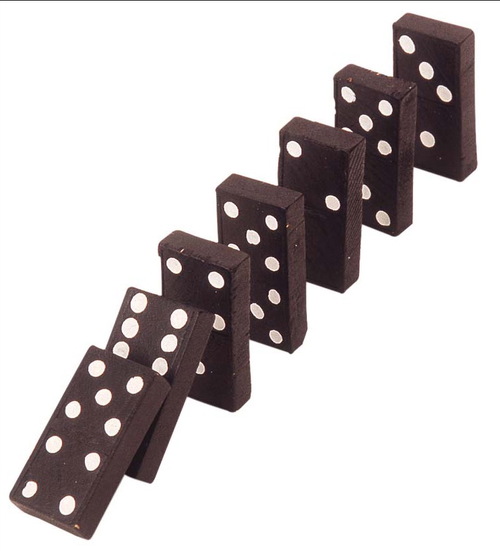 If i went back in time I would help myself with power. Power has units of joules per second. It is measure in watts. To find power you divide work by time. Now we are able to be given facts and we can find power, work, and acceleration using a series scientific equations. The equations could look like mass times acceleration equals force, force times change in position equals work, and work divided by time equals power.
If i went back in time I would help myself with power. Power has units of joules per second. It is measure in watts. To find power you divide work by time. Now we are able to be given facts and we can find power, work, and acceleration using a series scientific equations. The equations could look like mass times acceleration equals force, force times change in position equals work, and work divided by time equals power.We learned this using the energy activities online. It gave us many problems and examples. It also explains equations and other things involving energy. Besides this we learned doing games and examples on the board with our class. We discussed in groups to further our understanding and worked in partners. We also had a couple quizes that we took with our table, which helped us get better grades on it.
This information will help us in the future because in a week we will be having a test on it and if I don't understand it I wont do well. Also when we learn a new subject I am sure this will come into play as we do new problems and activities.
There was no specific experiment we did on power. We mostly did situations and figured out power using different equations.

